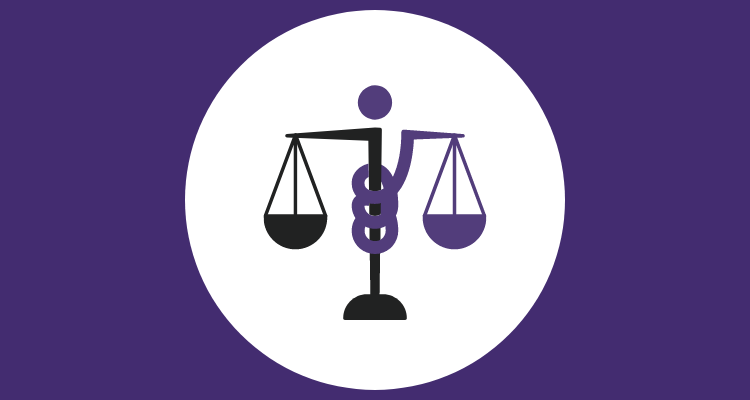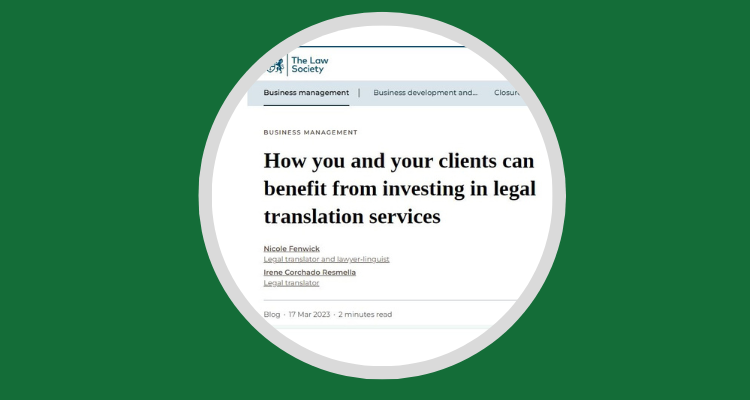
by ICRtranslations | Mar 24, 2025 | SPANISH PROCEDURES, SWORN AND LEGAL TRANSLATION
Applying for a Spanish digital nomad visa has become a popular way for many professional Brits to be able to move to Spain. As part of the process, applicants must gather, legalise and translate a series of documents. This article provides a general overview of the...

by ICRtranslations | Feb 11, 2025 | SPANISH PROCEDURES, SWORN AND LEGAL TRANSLATION
Child arrangements orders regulate with whom a child is to live, spend time or have contact, where the persons with parental responsibility for that child cannot agree on such arrangements themselves. This article provides a general overview about what these orders...

by ICRtranslations | Dec 12, 2024 | SPANISH PROCEDURES, SWORN AND LEGAL TRANSLATION
The UK’s departure from the EU, effective on 31 December 2020, has made the recognition and enforceability of UK judgements in Spain more complex and time-consuming than they used to. The enforcement of UK judgments in Spain (where proceedings were instituted after...

by ICRtranslations | Jul 12, 2023 | SPANISH PROCEDURES, SWORN AND LEGAL TRANSLATION
Since the UK departure from the EU, British citizens wishing to study, complete a training programme or internship, or do some voluntary work for a period exceeding 90 days must apply for a Spanish student visa. As part of the process, applicants must gather, legalise...

by ICRtranslations | Jun 28, 2023 | Q&A
No, they do not. Spanish sworn translations do NOT need legalisation; do NOT need notarisation; and do NOT need Apostille. That is because Spain (unlike other countries such as the UK) regulates the activity of translating documents for official purposes, which is...

by ICRtranslations | Jun 15, 2023 | Legal words
Generally speaking, matrimonial property, also known as ‘marital property’, is all property acquired by the parties to a marriage during their marriage. There are exceptions – property acquired before marriage or received by a party as a gift or inheritance is...

by ICRtranslations | May 22, 2023 | SPANISH PROCEDURES, SWORN AND LEGAL TRANSLATION
Generally speaking, a child cannot travel abroad without prior permission from everyone with parental responsibility of that child (or from a court, where permission from someone with parental responsibility cannot be obtained). While an informal letter of consent is...

by ICRtranslations | Apr 25, 2023 | Legal words
After giving an overview of the Scottish civil court judges in my previous article, today I continue my Scots law terminology blog series with a new list of legal terms. Learn the meaning of ten Scots civil litigation terms, English equivalents to some of them and a...

by ICRtranslations | Apr 4, 2023 | Legal words
Did you know that in Scotland judges are not referred to as “judges”? Scots civil litigation differs from that in England and Wales and so does civil procedure terminology. Focusing on Scots civil procedure, in this article I share a brief overview of the different...

by ICRtranslations | Mar 20, 2023 | ICR NEWS
It took a while to materialise, but it finally happened: I teamed up with fellow legal translator Nicole Fenwick to co-write an article for The Law Society of England and Wales aimed at legal firms and practitioners. Our goal is to raise awareness about the benefits...











